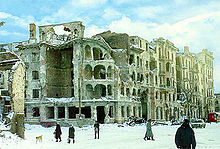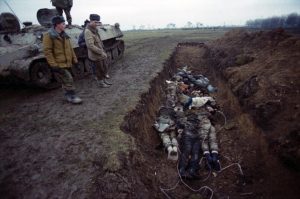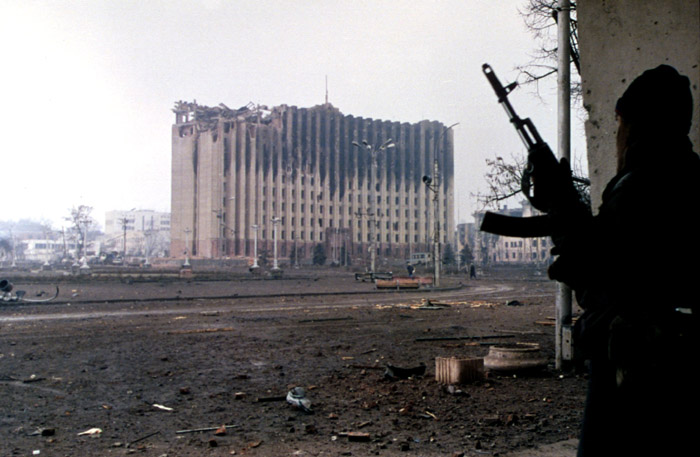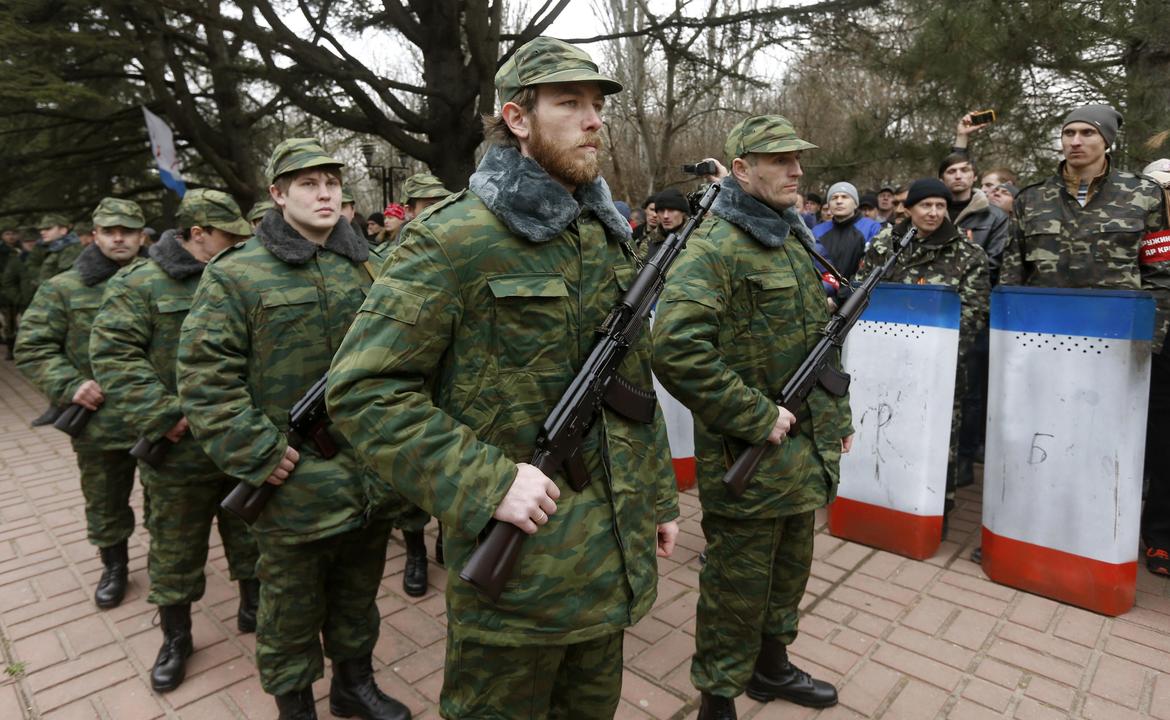
Chechen leader Ramzan Kadyrov’s statement that his forces should attack anyone, “Muscovite or Stavropol resident,” who might appear on the territory of the republic and Russian Foreign Minister Sergey Lavrov’s suggestion that the Islamic State is Russia’s main enemy may presage the opening of a third post-Soviet Russian-Chechen war.
The launching of such a conflict would give Vladimir Putin three great advantages:

- First, it would distract the West’s attention from his aggression in Ukraine and suggest to some in the West that Moscow is on the same side as the West is when it comes to Islamist radicalism, a shift that might be enough to end or at least soften the current sanctions regime.
- Second, it would allow him to continue to exploit the patriotic hysteria he has generated among Russians with his Anschluss of Crimea and his talk of a “Russian world” while backing away from further moves in Ukraine or anywhere else beyond the borders of the Russian Federation at least for some period of time.
- And third, it would win him new support within the Russian security agencies many of whom as the conflict over the issue of who is to be held responsible for the murder of opposition leader Boris Nemtsov showed by giving them the opportunity to take out Kadyrov and his increasingly independent regime.
But if such a strategy has these advantages, it has some very real risks, two of which are especially noteworthy.

- On the one hand, few regional leaders have declared their loyalty to Putin more fervently than Kadyrov has. Moving against him would send a clear message that no one is safe no matter how loyal they may profess to be.
- And on the other, in the event of a war, the Chechens will fight and fight well and they will have the support not only of others in the North Caucasus, including many in Daghestan, but also that of ISIS forces and their allies elsewhere in the Russian Federation and the former Soviet space, particularly those parts immediately adjoining Afghanistan.
For background on these possibilities, see Igor Eidman’s article “And Where Will They Kill Tomorrow?” and Yevgeny Ikhlov’s “An End to Anti-Western Hysteria?” which examines Lavrov’s remarks.





